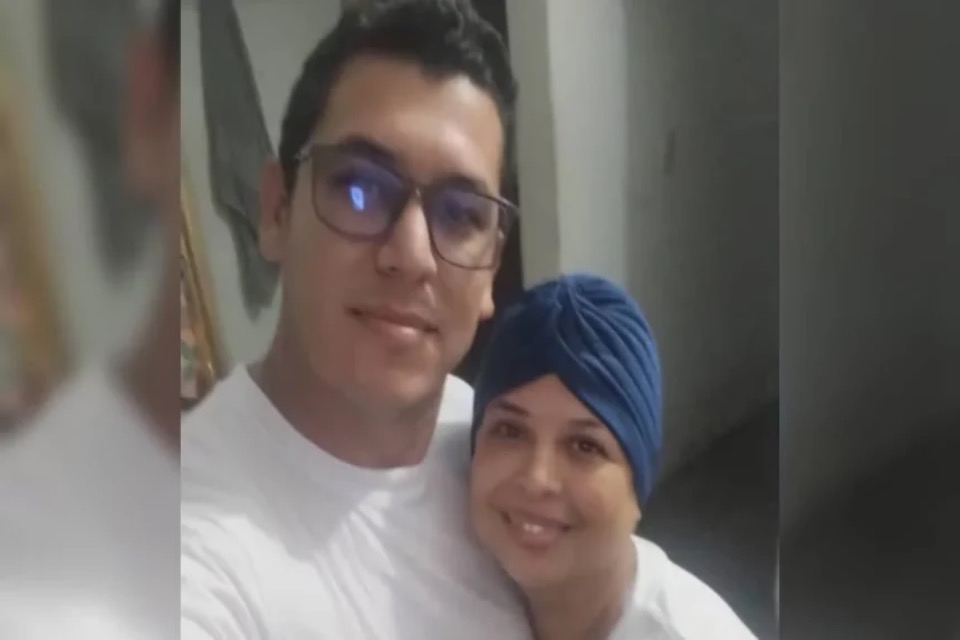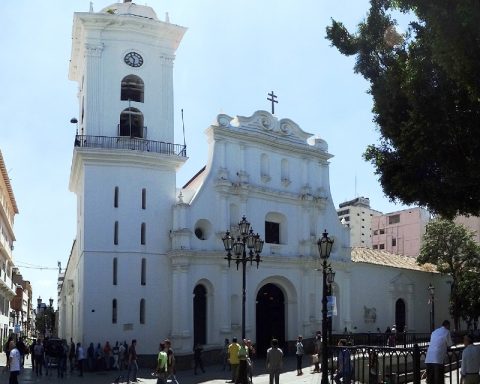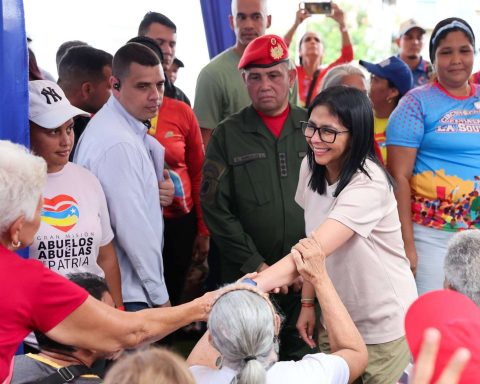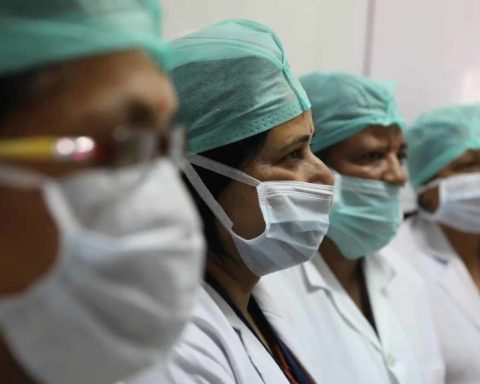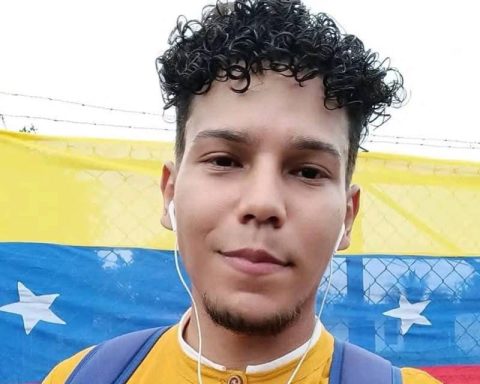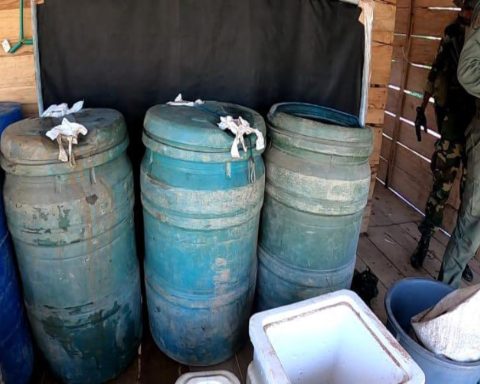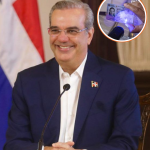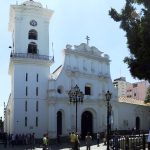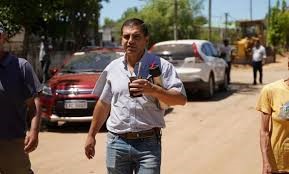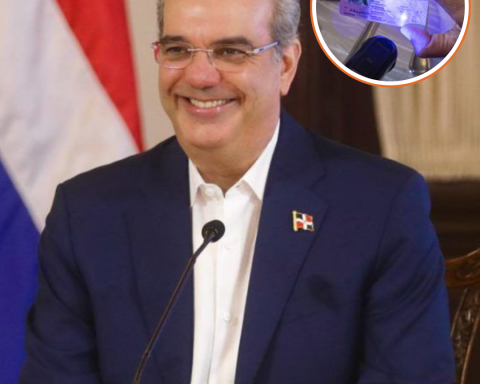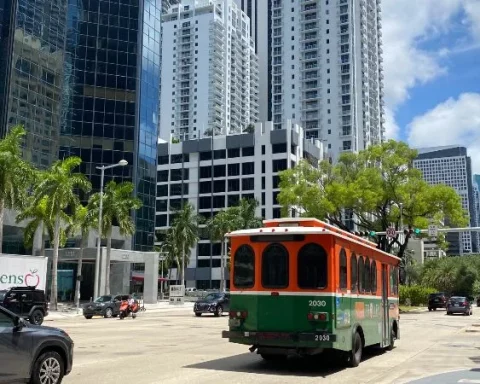Diego Sierralta, son of Yenny Barrios, an oncological patient who was arrested in Lara for political reasons, could face 12 years in jail for trying to change fentanyl patches for his mother. Undercover officials arrested him in a false transaction and charging drug trafficking, smuggling and association to commit crimes
Diego Sierralta, a young student who months ago denounced illegal detention, the faults to due process and human rights violations to his mother, Yenny Barrios, an oncological patient arrested in Lara in the post -election context; He is imprisoned and could face between 12 and 30 years in prison.
It is located in the Center for Preventive Detention Pata ‘e Pake of the National Police Bolivarian (PNB) in Barquisimeto and impute alleged crimes of Drug trafficking, exploitation of object from crime, smuggling and association to commit crimes.
Sierralta, who is the economic support of his family, presented during the presentation hearing, on January 24, that on the 22nd of that month he tried to change four transdermal patches of fentanyl -an analgesic for chronic pains used by his mother who suffers of non-Hodgkin lymphoma- for another medicine that neighborhoods needed for its chemotherapy treatment.
*Also read: relatives of released political prisoners denounce harassment and persecution
That day his mother, who was released in December for his critical health condition, had to receive the fourth cycle of chemotherapy to treat the disease diagnosed in August 2024.
They required 1,000 mg cyclophosphamide, a high -cost medicine that receives free of charge in the Oncology Service of the Social Security Hospital, Dr. Pastor Oropeza Riera, but was not available, so they had to look for it on their own.
They had no money to buy the drug and recalled that they had transdermal patches. They published a message in a group of WhatsApp from cancer patients, offering exchange them for cyclophosphamide. Shortly after, he was contacted to make the transaction, but they were undercover officials of the PNB drug division. He went to the place and was arrested. At that time, Barrios expected it and could not receive the treatment.
Yenny Barrios, mother of Diego Sierralta, was arrested in the post -election context and released with precautionary measures due to his state of health, is in treatment of chemotherapies
Lara’s press He stressed that, according to police sources, the young man was arrested in race 14 with 60th Street in Barquisimeto, 2.4 km from the Dr. Pastor Oropeza Hospital, for alleged distribution of fentanyl and controlled medications. Its defense lawyers ensure that the charges imputed lack the basis in their case.
According to the PNB version, among the seized products are 112 ampoules of sulfate ephedrine, four transdermal fentanyl patches; Tramadol, Midazolam, lidocaine, ceftriaxone and intravenous solutions.
The lawyers point out that these drugs are essential in medical treatments, but the police considered them susceptible to illegal traffic.
At the audience, Diego Sierralta said he only had four fentanyl patches and a folder with the exams and studies of his mother who demonstrated his intention to achieve the necessary medication carried in the vehicle. “Now she is a victim of the system,” said his lawyer.
Criminalization
In recent weeks, as long as releases have been known, there have also been reports on harassment and persecution of relatives of political prisoners who received substitute for deprivation of liberty.
According to testimonies collected by the Committee for the Freedom of Political Prisoners (Clippve), Both relatives and releases themselves have been victims of harassment by officials and people involved in their arrests after the July 28 elections.
Manuel Virgüez, director of the Vinotinto Movement -ong who watches over the rights of citizens in Lara-, describes the arrest of Diego Sierralta as “strange” and ensures that these types of cases are added to a series of persecution patterns that have occurred After July 28.
He explained that, according to the latest NGO report, they documented two types of non -recurring patterns in years of protests in the country. This time, the criminalization of the activity in the digital space and the persecution against volunteers of electoral centers were accentuated: witnesses and table members who provided support in the presidential presidential ones.
The activist showed his concern about citizens’ arrests for sending messages for messaging applications, forwarding a voice note or having images alluding to the opposition or protests. He said that, according to Vinotinto movement, 20% of the arrests in the post -electoral context were recorded by that cause.
“It is a situation that in the country is new compared to previous years. Up to 20% of the 1,800 post -election political prisoners were the product of situations in which the State criminalized them for their digital activity, ”said Virgüez.
Opacity on release
The attorney general of the Public Ministry, Tarek William Saab, recently said in an interview that they have released more than 1,900 political prisoners after “case review” by the investigation body. However, Gonzalo Himiob, vice president of the Criminal Forum, said that the figure they register is lower than the owner of the MP offered.
He explained that between November 2024 and January 2025, approximately 800 releases of people who had been arrested throughout the post -election context have verified.
Himiob clarified that although there has been a significant number of release, the Criminal Forum has not been able to verify that number announced by the Public Ministry.
He argued that, as an official release list is not offered, the work of corroborating case by case, is complex. “There is no way to verify whether those figures from the Public Ministry include only prisoners for political reasons or also common prisoners,” he said.
He also pointed out that there is no specific pattern or do not know the parameters that the Public Ministry takes into account when it comes to release political prisoners.
“One of the most serious problems we face is that it is not known what is the parameter used to determine who is released and who is imprisoned,” he said.
*Journalism in Venezuela is exercised in a hostile environment for the press with dozens of legal instruments arranged for the punishment of the word, especially the laws “against hatred”, “against fascism” and “against blockade.” This content is being published taking into account the threats and limits that, consequently, have been imposed on the dissemination of information from within the country.
Post views: 166
